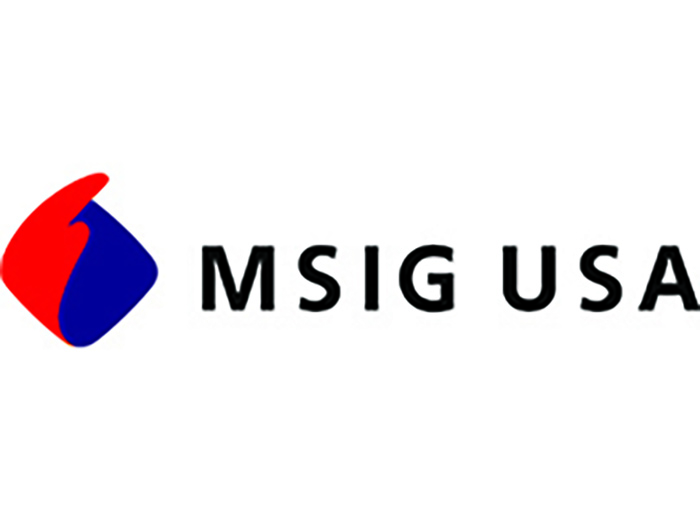Coming Soon: Cost Shifting
Mitigating the Challenges of the ACA

Workers’ comp practitioners would be wise to prepare for cost shifting as a likely result of the Affordable Care Act, suggests the Insurance Research Council. In a new white paper, the association warns of the potential impact of the federal government’s health care reform.
“The property-casualty insurance industry is likely to become the target of significant additional cost-shifting by hospitals, physicians, and other medical providers responding to the cost-containment provisions of the Patient Protection and Affordable Care Act,” the report cautions. “Strengthening the tools available to property-casualty insurers to address higher charges and higher utilization of medical services should be considered.”
The report, The Affordable Care Act and Property-Casualty Insurance, outlines what the authors believe are the reasons for the impending cost shifting and steps the industry should consider taking.
“Cost shifting will occur in response to increased cost containment efforts by public and private health insurers and will appear in the form of higher charges and a higher volume of billed services,” it says. “Cost shifting will be particularly severe in state jurisdictions and with coverages where the differences between public and private health insurance reimbursement levels and property-casualty reimbursement levels are greatest.”
While admitting the ACA does not generally apply to property and casualty insurance, its “profound and wide-reaching changes in health insurance products and markets, in how medical providers are reimbursed, and in the financial incentives that influence the behavior of health care consumers and medical providers” will likely have an impact on the market.
“To offset anticipated reductions in revenues from health insurance systems, medical providers may seek to increase revenues from other payers, such as property-casualty insurers, by seeking higher reimbursements from other payers and by increasing the volume and mix of services provided to patients covered by other payers,” the report says.
Another possible effect would be an increase in the number of people filing workers’ comp claims instead of through health insurance. As the report explains, the ACA may make it more expensive and/or difficult to file for health insurance.
“Public and private health insurers may also become more aggressive under the ACA in refusing to provide coverage for certain diagnostic procedures and treatments where evidence-based research indicates the procedure or treatment is unwarranted,” according to the report. “This may be especially likely if the Patient-Centered Outcomes Research Institute, created by the ACA to conduct research on the comparative quality of different medical treatments, produces research drawing into question the appropriateness of diagnostic procedures or treatments frequently associated with accidental injuries. If insured individuals know or suspect that desired procedures or treatments will not be reimbursed by their health insurer, some may claim that the injury involved is covered by property casualty insurance.”
The frequency of fraudulent claims may increase as fraud-fighting provisions of the ACA are implemented. The paper cites information from the National Insurance Crime Bureau saying “career criminals and unscrupulous medical providers will shift their attention to the property-casualty business to avoid increased scrutiny from health insurers.”
Insurers are offered the following advice:
- Consider options to ensure that the prices paid as reimbursement for medical services are consistent with prices paid by public and private health insurers. Market-based fee schedules and bill review authority are often applied to address medical pricing issues.
- Consider alternatives for ensuring that only medically necessary and appropriate treatment is provided to property casualty insurance claimants and reimbursed by insurers. Utilization review authority, evidence-based treatment guidelines, and the authority to deny reimbursement for unnecessary or inappropriate treatment should be considered.
- Closely monitor and evaluate orders and referrals for durable medical equipment and other services to confirm the eligibility of the provider(s) involved.
- Remain aware of federal moratoriums on accepting new medical providers and the regions involved, so that monitoring efforts can be focused on those regions and any diversion of criminal activity to property casualty claims will be more likely to be detected.
- Adopt anti-fraud bill review processes and claim reimbursement standards similar to what is required of public health insurance programs.











